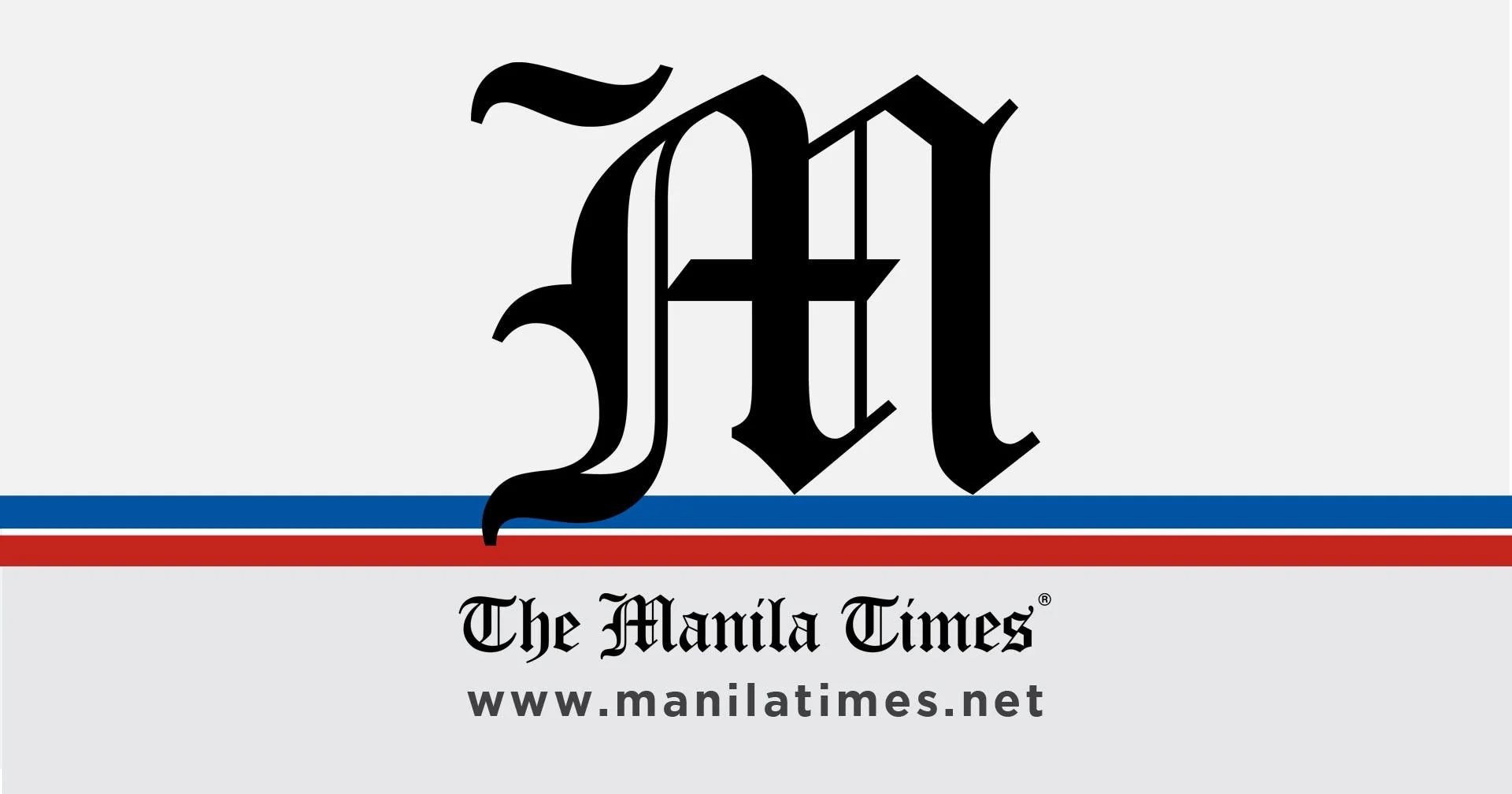The Importance of Financial Literacy
Navigating our daily lives with a solid understanding of accounting and financial literacy is crucial. These skills enable us to make informed financial decisions, essential for both individuals and organizations. However, many Filipinos find it challenging to develop these skills. A Philam Life survey revealed that while 96% of Filipinos worry about their health and their families’, only 16% are financially prepared to handle medical bills for critical illnesses, underscoring the critical need for financial literacy.
Leveraging Technology for Financial Education
The digital age presents both challenges and opportunities for acquiring financial literacy. Platforms like YouTube offer extensive resources for learning about accounting and financial management, with numerous reputable channels dedicated to these topics. Additionally, affordable online courses on platforms like Skillshare and Coursera provide structured learning opportunities. It’s essential to choose the right platform that aligns with your goals and to be wary of get-rich-quick schemes that require premium memberships for access to content.
Experiential Learning and Tracking Finances
Hands-on learning is vital for mastering financial concepts. A practical starting point is tracking daily expenses and transactions, which can be done using simple tools like paper or digital spreadsheets such as Microsoft Excel or Google Sheets. These tools make it easier to tabulate and analyze spending, helping individuals set goals, identify spending habits, and adopt a more disciplined financial approach.
Personal Financial Transformation
When I began tracking my finances, I realized my spending habits were flawed. I used to prioritize my wants and needs over savings, resulting in minimal growth in my savings account. By shifting my focus to saving first—whether for emergencies, investments, or travel—and then allocating funds for other expenses, I saw a substantial improvement in my financial stability.
Key Learnings from My Financial Journey
- Building Awareness: I started by tracking daily spending in a digital spreadsheet, which highlighted the disparity between my spending on wants versus needs and the minimal savings. This transparency helped me rethink my approach and make necessary adjustments promptly.
- Taking Initiative: I dedicated time to online courses on budgeting and investing, complemented by educational YouTube videos. This consistent effort deepened my financial literacy and fostered healthier spending habits.
- Thoughtful Planning: Engaging in discussions with family about our financial plans and shared budget has been instrumental. This collaborative approach has strengthened our accountability and brought us closer to achieving our financial goals.
Embracing Digital Tools for Financial Well-Being
Utilizing digital platforms for tracking, education, and planning is crucial in managing financial well-being. Resources like expense trackers, budgeting courses, and collaborative financial models have transformed my financial mindset and discipline. Each financial journey is unique, but embracing these digital tools can empower individuals to enhance their financial literacy and accountability, one step at a time.
Jason Hugh Uy is an undergraduate student of the Legal Management program under the Department of Commercial Law, Ramon V. Del Rosario College of Business, De La Salle University. He is a passionate student-leader with a keen desire for knowledge and aims to make impactful changes and meaningful contributions.

